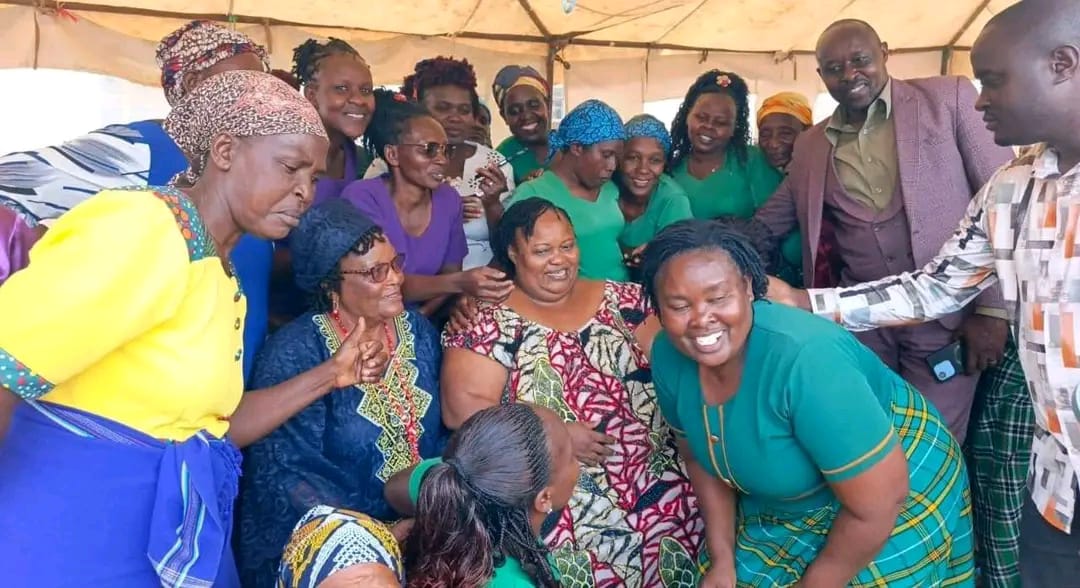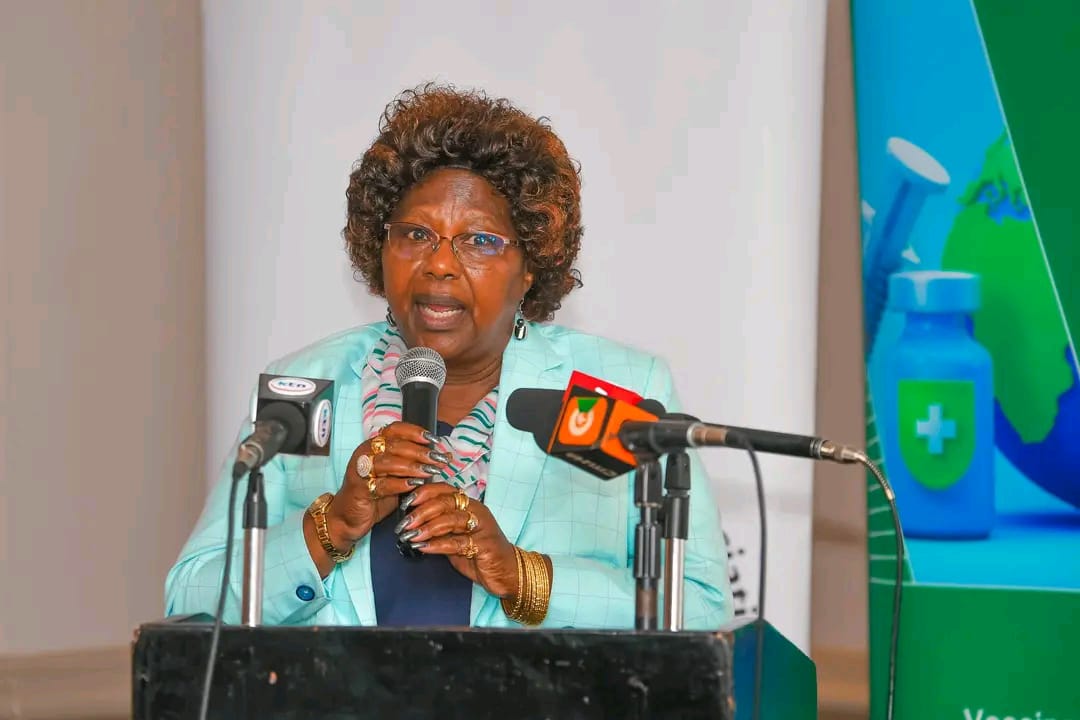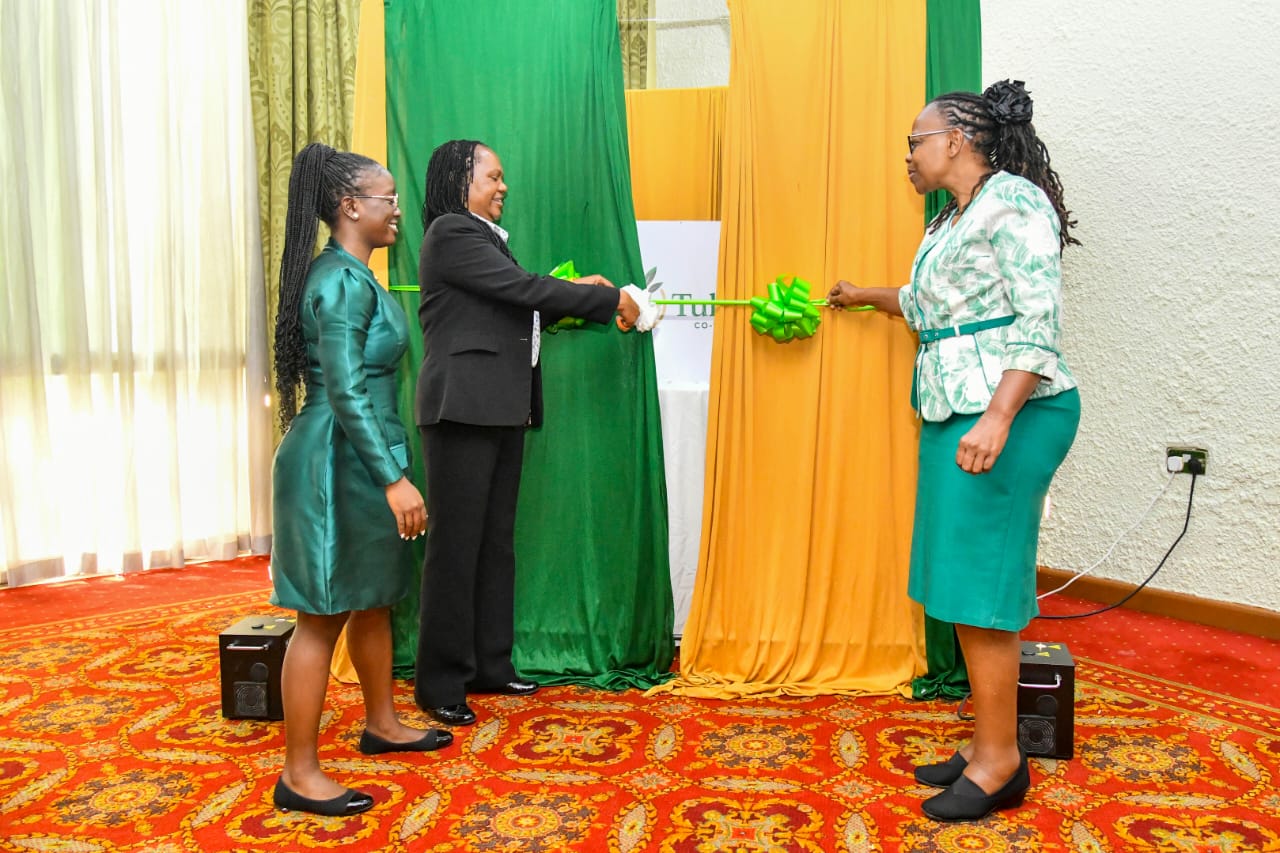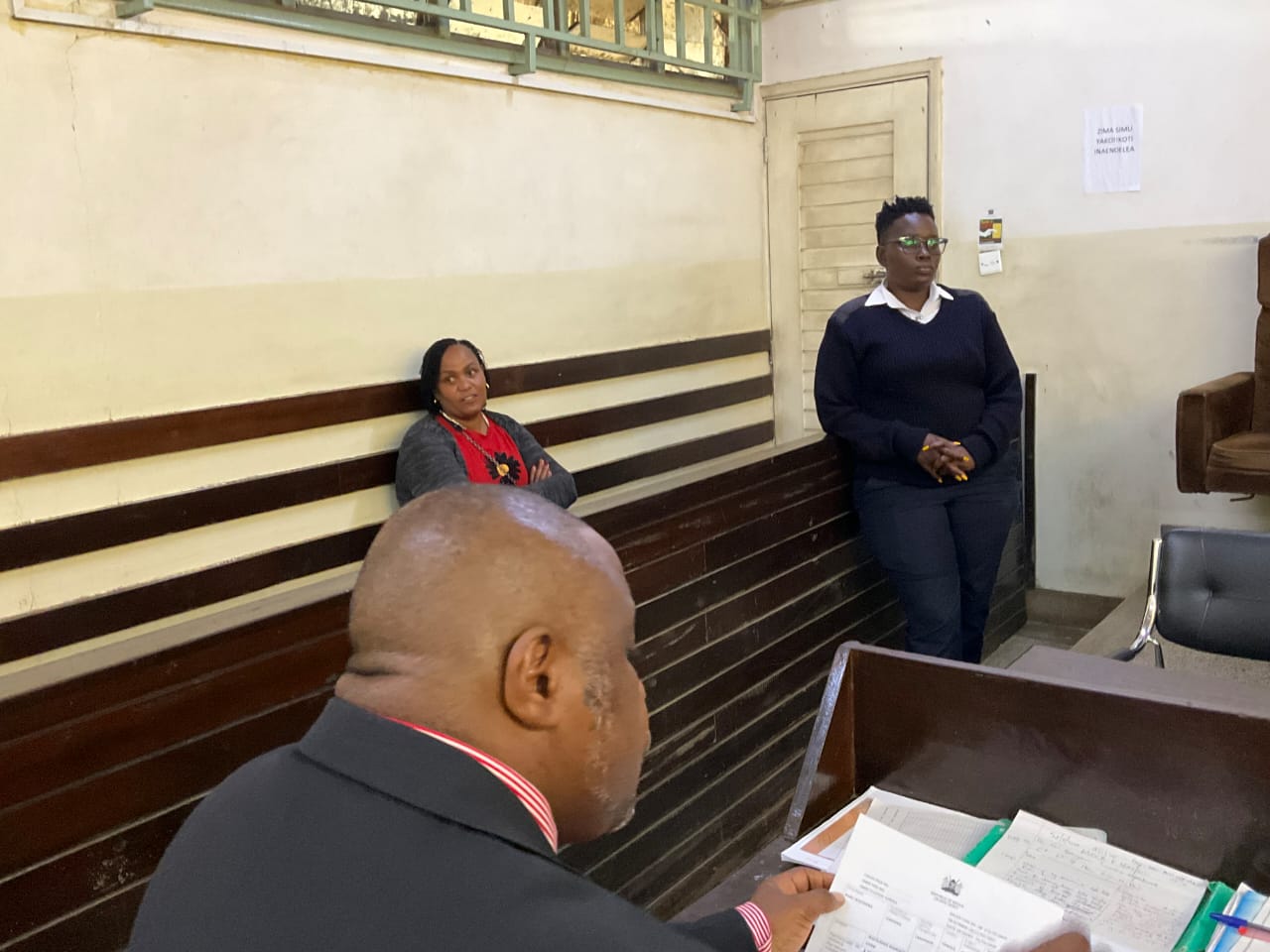
By Dr. Al-Waleed A. Madibo, Fulbright Scholar, Founder and President of Sudan Policy Forum
“When the innocent are targeted, the core of our humanity is violated. Silence is not neutrality—it is complicity.”— Kofi Annan
Sudan after the chemical massacre is not the same as before. It marks a watershed moment in the moral conscience of the world—and in the soul of every Sudanese. When deadly gases are unleashed upon unarmed civilians, silence is no longer an option. The language of “both sides” loses all credibility. This is not a battlefield misstep—it is an unprovoked crime, exposing the total collapse of state institutions, led by an army that has failed to protect its people and instead become a tool of war and a weapon of mass killing.
What occurred is not a military excess, but a documented war crime. Medical reports and eyewitness testimonies from regions such as Darfur, Khartoum, and Omdurman confirm the use of weapons suspected to contain chemical agents in densely populated civilian neighborhoods. These were not mistaken strikes; they were deliberate attacks—making them crimes against humanity in the clearest sense.
The international community—especially the United Nations and the African Union—can no longer hide behind expressions of “deep concern.” Silence in the face of chemical warfare is complicity. What is required now is an urgent international investigation, and the immediate referral of those responsible to the International Criminal Court—including members of the Sudanese military suspected of direct involvement or complicity. A temporary no-fly zone over civilian areas has also become a humanitarian necessity—to save what remains of innocent life beneath the regime’s aerial bombardment.
The Sudanese army is no longer a national institution. It has become a disguised militia—composed of remnants of Islamist alliances, officers bound by tribal and regional loyalties, and corrupt power centers forged under decades of authoritarian rule. This army functions as an instrument of internal terror—used not to protect Sudanese citizens, but to subdue them. The use of chemical weapons is merely the final expression of a long ethical collapse: from the bombing of hospitals and bakeries, to the massacres in El Geneina, Kutum, and Kreinik, to the ethnic cleansing campaigns in West Darfur—all of which are documented in detail, with audio and video evidence.
The truth is now undeniable to anyone willing to see it: Sudan has no future under a traditional army that monopolizes weapons and turns them on its own people. The solution is not reform—it is total dismantlement. A new army must be built from scratch, under civilian command, with a defensive doctrine that protects citizens rather than preys upon them. The myth of “gradual reform” has failed. Coexistence with war criminals is a moral and political impossibility. Justice must be the starting point. Accountability is the precondition for peace.
Journalist Rasha Awad, in her article “The Egyptian Army in Sudan,” argues that Sudan’s military has never been truly national. Since its inception, it has functioned as an extension of Egypt’s interests—serving foreign agendas, subservient to Egyptian domination. This structural subordination explains the army’s consistent betrayal of Sudan’s land, sovereignty, and resources, and its hostility toward any independent national project.
In conclusion, Sudan does not need another power-sharing deal that recycles warlords and generals. What it needs is a decisive rupture with the military state and its Islamist militias. Every delay in making that break means more blood, more civilian casualties buried under the rubble of homes flattened by airstrikes and chemical agents.
Chemical warfare is not merely a crime—it is a bloody summons. It demands that we sever all ties with the old regime and begin anew: a new constitution, new tools, and new institutions untainted by military or religious contamination.









